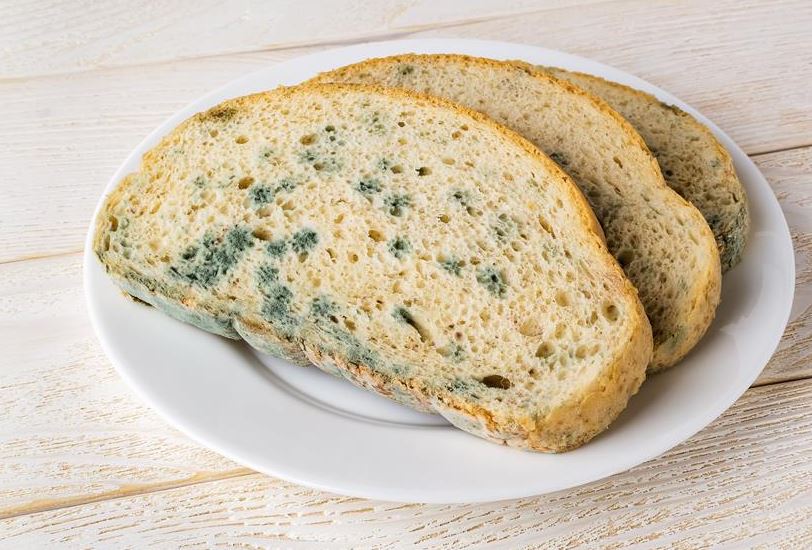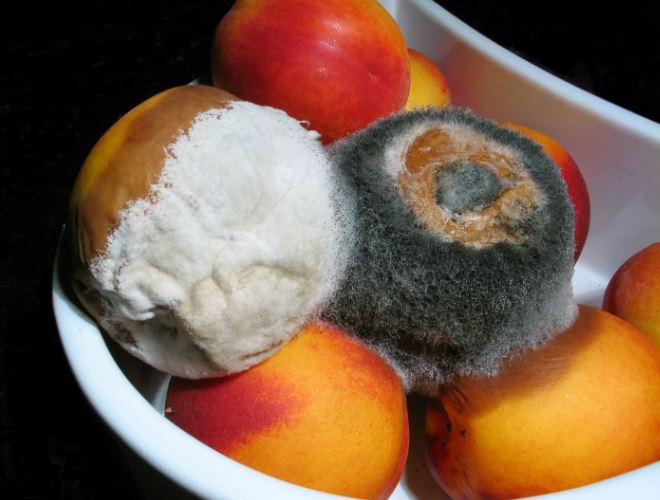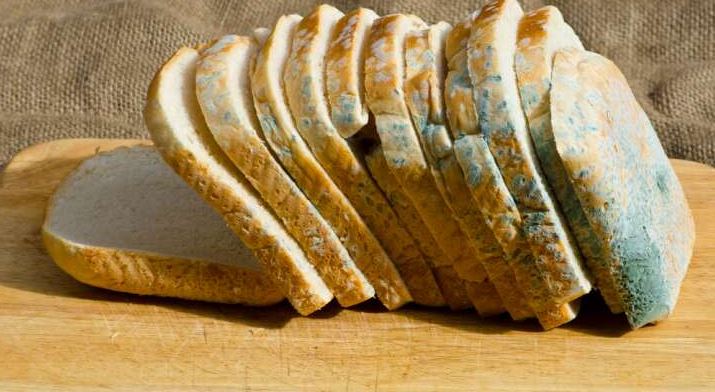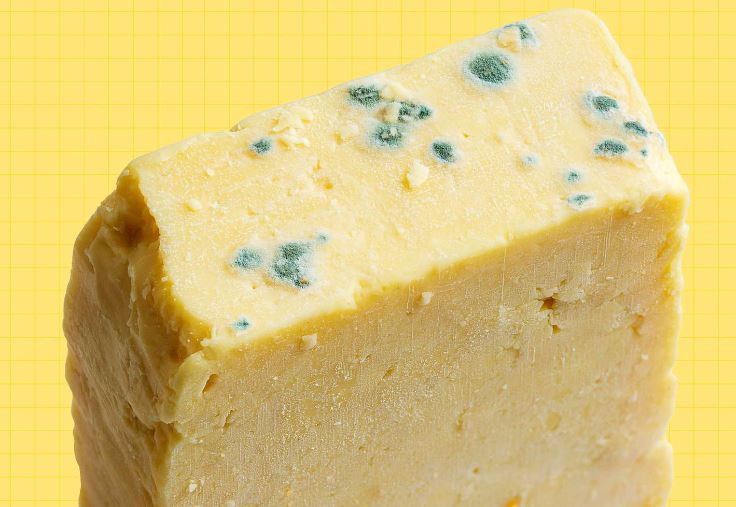We might find ourselves in an ironic situation when opening the refrigerator and discovering a forgotten loaf of bread or a piece of leftover cheese covered in fuzzy spores
According to the Food Standards Agency (FSA), you should never eat food that is visibly rotten or moldy.
This advice is especially relevant for groups including children, pregnant women, people over 65, and anyone with a weakened immune system.
Additionally, food safety experts also revealed some surprising information about when moldy food is safe to eat and when it isn't. So before you throw moldy food in the trash, let’s hear what the experts have to say!
What's mold?

To determine whether you can still eat moldy food, you'll need to understand what mold is. Mold is a type of fungus that grows in the form of multicellular filaments known as hyphae. It thrives in warm, damp environments and can quickly spread on various surfaces, including food.
Although we know all molds are dangerous, certain types of mold are safe to consume or avoid.
Safe vs. unsafe moldy foods
According to a safe food expert, there are differences between safe and unsafe moldy foods. Some foods are more prone to mold growth, while others are less likely to support mold growth.
You need to avoid moldy grains, nuts, and apples
Firstly, you need to avoid consuming nuts, grains, and apples that show signs of mold, which can pose significant health risks, warns Dr. Fuchs.

He said, 'Consumers may be allergic to the molds or develop respiratory conditions if exposed.
'Secondly, molds can produce toxic compounds called mycotoxins.'
Mycotoxins can negatively impact the immune system and potentially lead to reproductive problems. Some studies have pointed out a link between mycotoxins and cancer.
Dr. Fuchs added: 'They will rarely have acute effects, but they can over a long period of exposure.'
You need to remove moldy soft cheese, berries, and bread from your food daily

Dr. Fuchs cautions that the visible mold on the surface of food does not accurately represent the full extent of the issue. By the time mold becomes apparent, its microscopic spores have already deeply infiltrated the product.
Foods with high water content, such as juicy berries, jams, and even soft cheeses, should be avoided as they can encourage mold to spread further.
Bread has a spongy structure, allowing fungal hyphae to grow inside. When you find a small patch of mold, it's likely to be present throughout your jam jar or fruit box, even if it's only visible on the surface.
But some cheeses are safe
One of the only foods you can eat, even if it is moldy, is hard cheese.

Dr. Fox explained that hard, dense foods, including hard cheese or hard fruits and vegetables, are more resistant to mold attack.
Dr. Fox recommends people cut off about an inch of food around and below the moldy area to be safe for their health.
Additionally, when mold is used specifically to make products like blue cheese, it is still safe to eat.
Certain types of mold, such as black mold, are known to be more harmful than others. If you suspect the presence of toxic mold, it's best to discard the entire food item.
According to experts, you need to avoid moldy grains, nuts, and apples, as well as moldy soft cheese, berries, and bread. But some cheeses are safe to eat. However, it's crucial to exercise caution and use good judgment when dealing with moldy food. If in doubt, it's always best to discard the moldy food to prevent any potential health risks.






